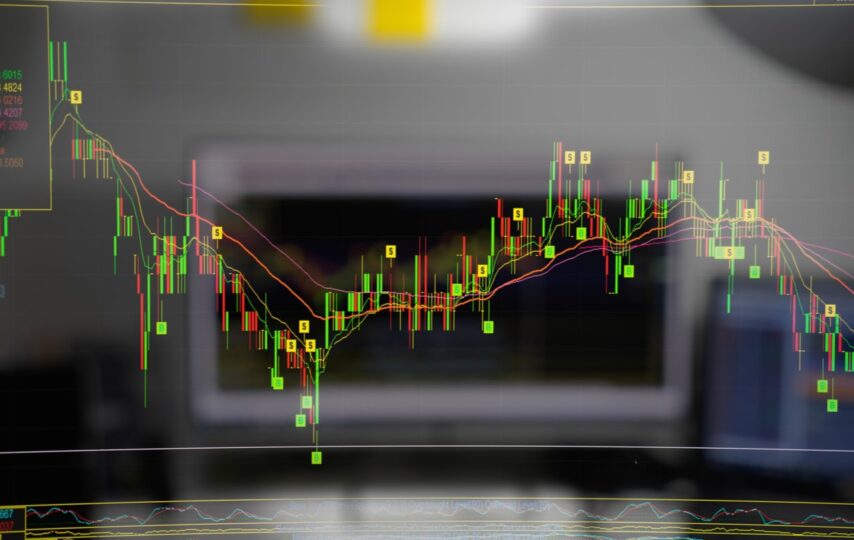Whether you are an experienced investor or just beginning to explore this market, understanding expiration dates and rollover strategies is crucial for success. As someone looking for information on this topic, you may already know that trading in futures involves contracts with specific expiry dates. This article will provide a comprehensive guide on future expiration dates and delve into effective rollover strategies. To get more info, you can look at guides by financial institutions or brokers.
What are future expiration dates?
Futures expiration dates refer to the specific day when a futures contract will cease to exist. They are the final dates by which the holder of a futures contract is required to exercise their contractual rights or obligations. The expiration date is typically set by the exchange where the contract is traded and can vary depending on the specific commodity, financial instrument, or asset in question.
As such, investors must know these expiration dates to manage their positions and avoid unnecessary losses effectively. A failure to close out futures positions before their expiration date can result in unexpected financial consequences, making it critical for any investor engaging in futures trading to stay current.
How do futures contracts expire?
Futures contracts, a standard investment vehicle traders and investors use, have a finite lifespan. These contracts allow individuals to buy or sell an underlying asset at a specified future date, usually within three months or less. However, much like milk in a refrigerator, futures contracts have an expiration date.
Upon reaching this expiration date, the contracts are said to be “expired” and are no longer traded. The expiration process involves the settlement of the contract’s underlying asset, with the investor liquidating or rolling over their position before the expiration date. Not all futures contracts expire on the same date, as each contract is unique and may have its own expiration date.
Understanding rollover strategies
Rollover strategies are essential when it comes to managing retirement plans. Understanding this approach helps ensure that individuals are potentially maximising their savings and making the most of their investment portfolio. A rollover transfers assets from one retirement plan to another, such as moving funds from a 401(k) plan to an individual retirement account (IRA). Not all rollovers are the same, and some require more due diligence than others.
A rollover can help achieve long-term financial goals with careful planning and the right strategy. Therefore, it’s crucial to consult a financial advisor to determine the best rollover strategy for an individual’s unique situation.
Choosing an expiration date
When choosing an expiration date, it is imperative to carefully consider factors such as product stability, regulatory requirements, and consumer safety. An expiration date that is too far in the future can lead to potentially harmful consequences for consumers who unknowingly consume expired products. On the other hand, setting an expiration date too soon can result in unnecessary waste and financial loss for companies.
Furthermore, regulatory bodies may have specific guidelines for expiration dates, which must be followed to ensure compliance with legal requirements. Selecting the appropriate expiration date requires a balanced approach that considers all relevant factors and aligns with the company’s values and goals.
Managing open futures positions at expiration
Managing open futures positions at expiration necessitates careful consideration of risk and market movements. As we approach expiration, it is essential to stay attuned to the evolving conditions in the market and keep a close eye on any potential risks that may arise. With a sophisticated trading platforms and global market coverage, clients are provided with extensive tools and resources to manage their future positions through expiration, helping traders confidently navigate the complexities of the market.
Key expiration dates for major futures contracts
Future market investors know the importance of staying on top of crucial dates that may impact their positions. One of the most significant factors to watch is the critical expiration dates of major futures contracts. These dates can significantly affect the value of the underlying asset.
Staying informed and anticipating these key dates can help investors avoid unexpected consequences and make more informed decisions. With careful monitoring and a thorough understanding of the contract’s expiration dates, investors can navigate the futures market more confidently and successfully.
Examples of multi-month expiration schedules
Multi-month expiration schedules are vital to any business that deals with perishable goods or services. These schedules ensure that items are efficiently rotated, reducing waste and maintaining quality control. A well-designed expiration schedule can also provide peace of mind to customers and employees, ensuring that products are sold responsibly and safely.
Some common examples of multi-month expiration schedules include those used in the food service industry, where proper rotation of ingredients and prepared items can make the difference between delicious, high-quality dishes and unpleasant or even dangerous ones.
In conclusion
Expiration dates and rollover strategies are crucial to trading futures contracts and managing retirement plans. Individuals need to stay informed and consult with professionals when making decisions about expiration dates and rollovers, as these can significantly impact their financial outcomes.
Properly managing open positions at expiration and staying aware of crucial expiration dates in the market can also help investors make more informed and successful trades. Additionally, multi-month expiration schedules are critical in various industries to ensure consumer safety and product quality.





